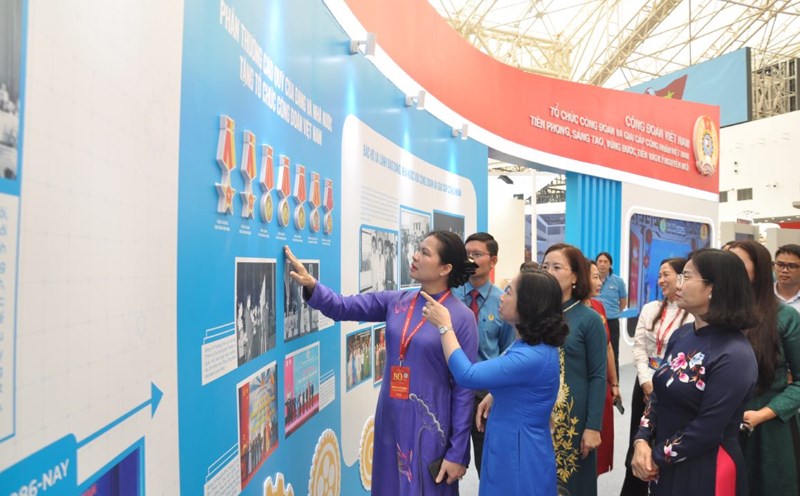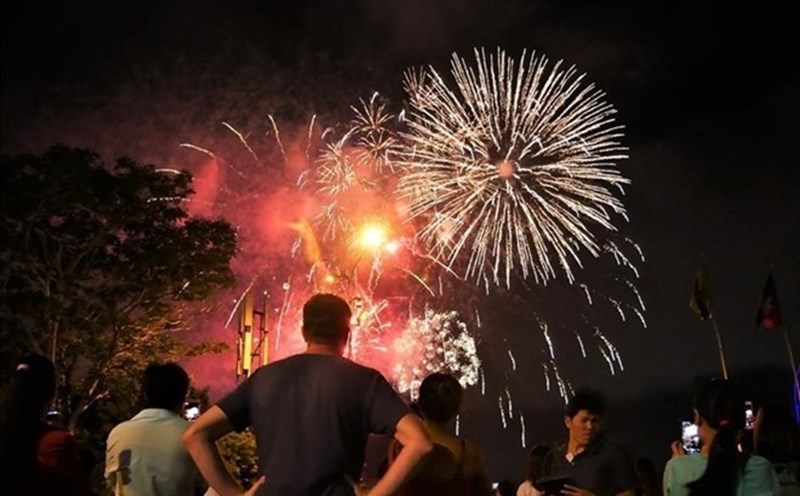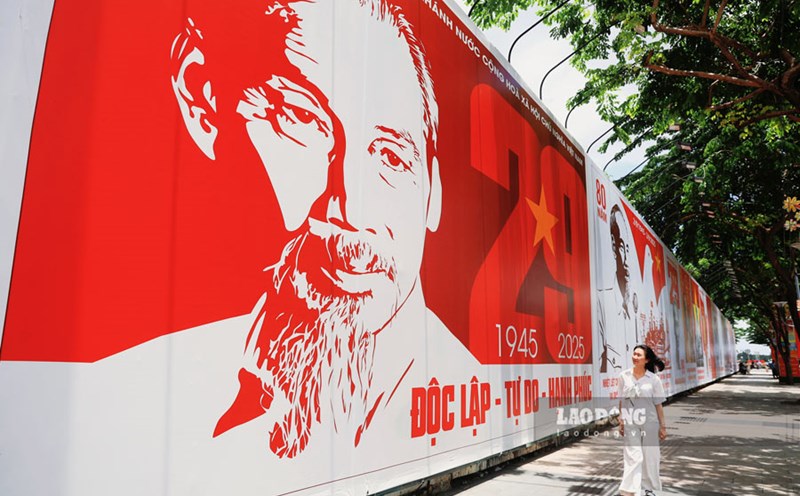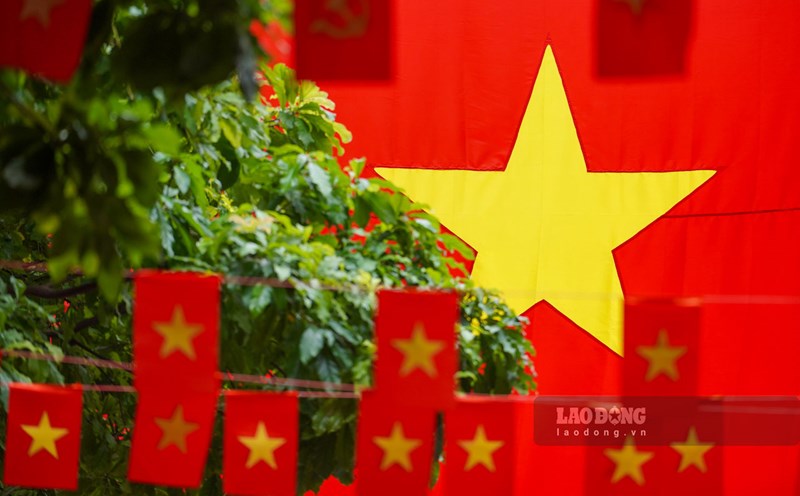In Vietnam, National Day September 2 is an occasion for the entire people to remember the merits of their ancestors who sacrificed their blood and bones to regain independence and freedom for the Fatherland. That is a reminder for each generation today to know how to appreciate the sacred value of peace and continue to preserve and nurture it.
Similarly, in every country in the world, this holiday is marked with very unique rituals, festivals, and music, but all send a common message: patriotism comes from the heart, associated with the desire to preserve identity and national pride.
The color of history and identity
August 15 every year in India is also known as Independence Day to commemorate the moment the country escaped the British colonial rule. On this day, the whole country of India was filled with the three colors of orange, white and blue of the flag. Flag-raising ceremonies take place everywhere, from government agencies to schools and communities, becoming a sacred ritual, a symbol of solidarity and national pride. The flag flies in the majestic National Anthem, millions of hearts of the Indian people join in the beat of patriotism.
After the solemn ceremony, the festive atmosphere exploded with cultural programs: Folk dance, classical music, the stage recreating the journey to fight for independence. In schools, students wear traditional costumes, telling the story of their ancestors through art and music. On the streets, the groups marched brilliantly with flags and flowers, led by local leaders and veterans. Patriotic music is resounding, from classic songs like "Vande Mataram" to modern music, arousing pride and the spirit of national unity. Therefore, National Day is not only a solemn national holiday, but also a cultural festival, where each song and dance affirms a diverse and free nation.
Unlike the excitement of India, Japan chose to celebrate National Day in a very elegant and iconic way. February 11 every year in this country is also known as Fatherland Day, associated with the legend of the event of King Jimmu taking the throne to open the first session of the country of Japan. On this day, people in Tokyo and other localities often gather at Meiji Jingu Temple and other Shinto shrines to participate in the candle burning ceremony and offer wishes for peace. No noise, no bustling parade, National Day in Japan is mainly for traditional education. The patriarchal families told their children and grandchildren about the gods who gave birth to the country, reminding the younger generation about the origin and national spirit.
Meanwhile, in South Africa, April 27 - Independence Day - has the meaning of rebirth and national unity. This is a milestone in the first democratic election in 1994, when Nelson Mandela became the first black President. The festive atmosphere filled Johannesburg, Cape Town, Durban... with parades, music and community activities. Drums, Zulu or Xhosa dances blend with modern music, creating a bustling atmosphere. People wear traditional costumes, sing and dance, honoring identity. South Africa's National Day is not only to remember the painful past, but also an opportunity to look forward to a hopeful future - a testament to the victory of resilience and the desire for freedom.
Connecting the past - present, towards the future
Although each country has a different way of expression, hidden deep under those cultural layers is a common pattern: Love for the homeland, the country and national pride. The National Day celebration is not only an opportunity to look back at the past, but also a moment to strengthen the present and look forward to the future.
In Brazil, every September 7, all eyes are on the capital Brasilia with a grand parade on the Esplanada dos Ministerios Boulevard. Thousands of soldiers in neat military uniforms, extended armored vehicles, fighter jets hover in the sky - all create a solemn picture, affirming the strength and national unity. At the same time, in Rio de Janeiro and many other cities, street music and community activities take place enthusiastically, making Brazil National Day both sacred and close, and closely associated with people's lives.
Mexico celebrated their National Day on September 16, but the atmosphere has been bustling since the night of September 15. At that time, the President presided over the ceremony of pulling the independent bell, shouting "Mexican people, Mexico for a long time", tens of thousands of people below sang along and sang the national anthem. The next day, the whole country was excited with parades, street dances, community cultural activities, turning the holiday into a solidarity festival.
In a turbulent world, National Day is not only a historic holiday but also a moment to connect generations in the family, between the community and the nation, and more widely, between each people and the historical source of their nation.
Although each country celebrates National Day in its own shades, from solemn rituals to music and street colors, it is still a moment to remind people of the sacred value of peace, solidarity and an invisible bond connecting the past with the present, opening up aspirations to reach the future.











